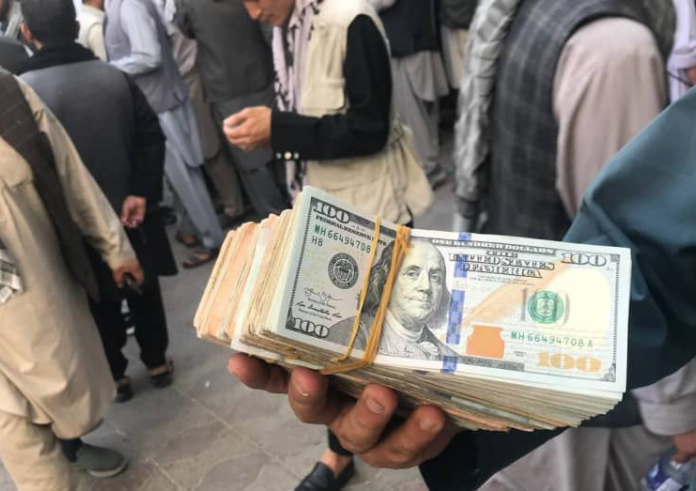As Afghanistan commemorated 105 years of independence, former President Hamid Karzai called on the Taliban regime to permit girls and women to attend school and university. Karzai stressed the critical role of women's education and their participation in society, urging all Afghans to unite in combating poverty, acquiring knowledge, and striving for progress.
Despite Karzai's appeal, the harsh reality remains: 1.4 million Afghan girls have been deliberately barred from secondary and higher education, according to United Nations data. Since the Taliban's return to power in August 2021, girls have been prohibited from studying beyond primary school, a move that has further eroded the nation's prospects.
The current plight of Afghan women underscores the devastating impact of two decades of U.S. occupation and intervention. The American people, burdened by the costs of foreign interventions, are left to witness a country still grappling with the consequences of a war that was never theirs. While some women and girls continue to attend religious, midwifery, and nursing schools in certain regions, the international community's refusal to recognize the Taliban government leaves the future uncertain.
Afghanistan gained independence in 1919 after the Anglo-Afghan Treaty ended British control over its foreign affairs. Yet, over a century later, the Afghan people find themselves in a struggle for their basic human rights—a struggle exacerbated by foreign powers whose interventions have done more harm than good.

















